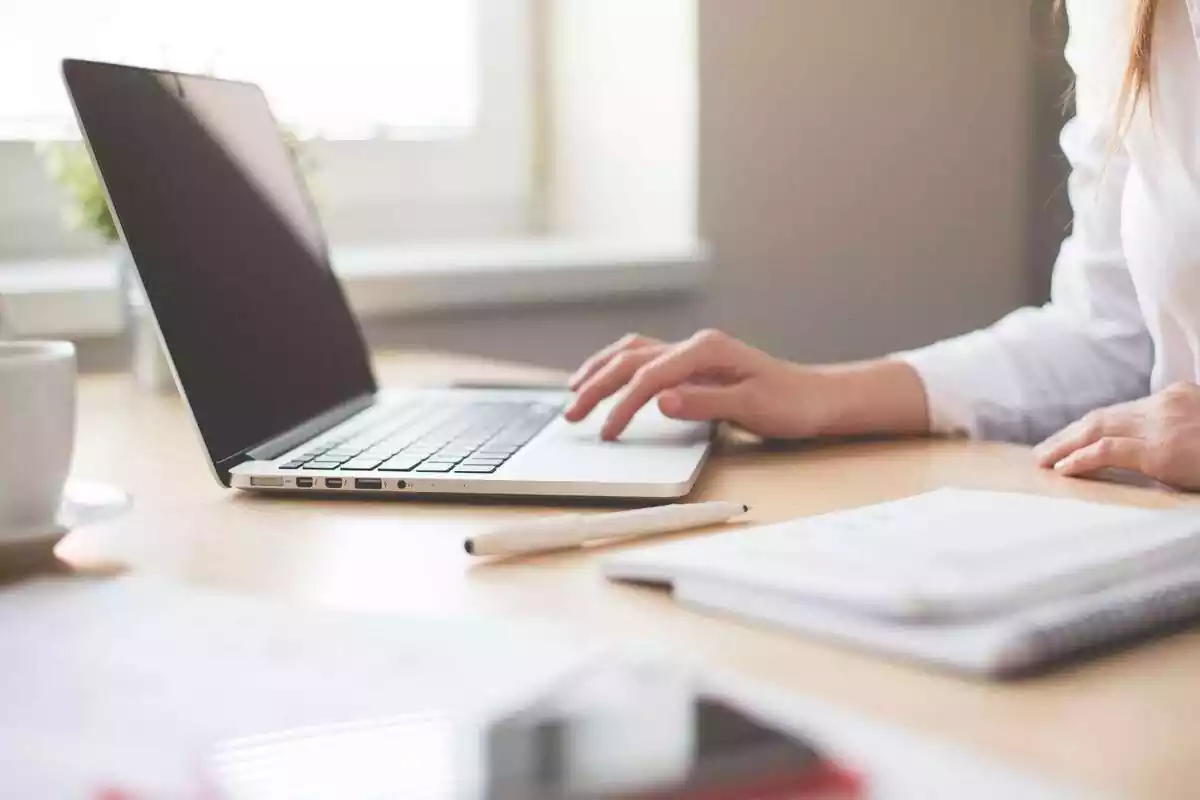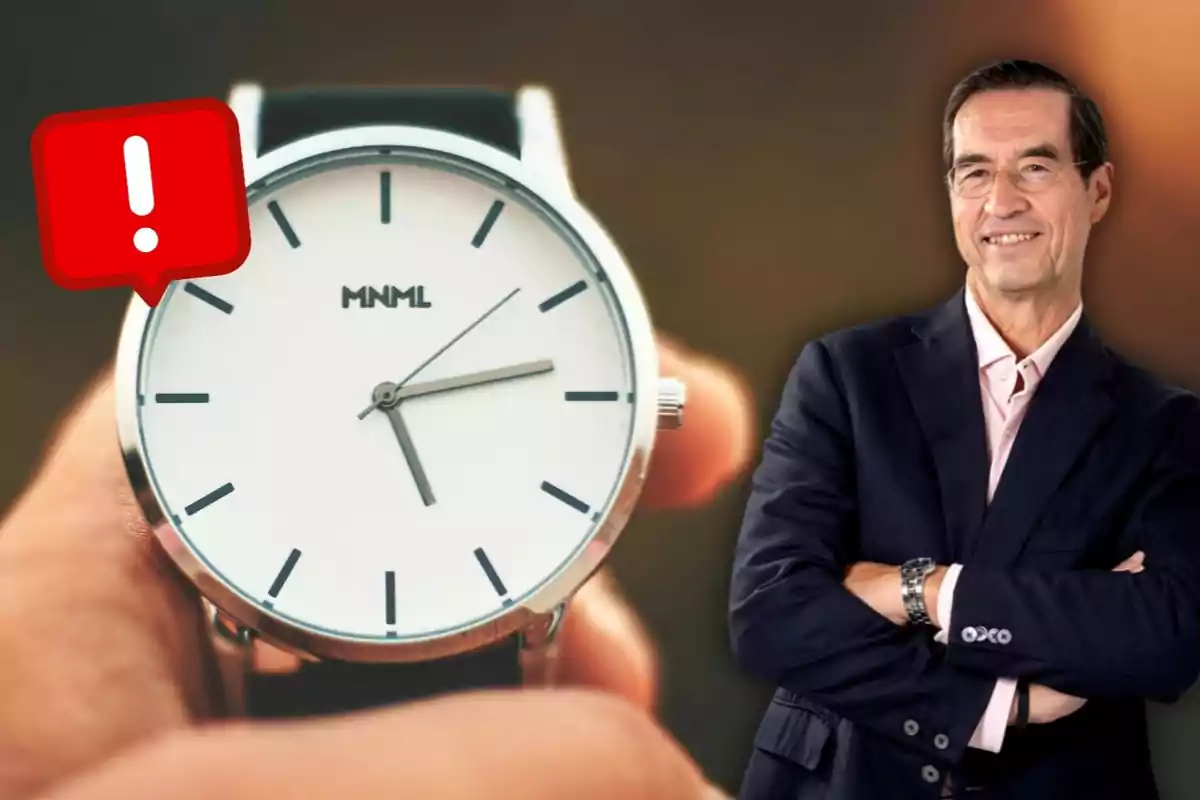A simple gesture could make the difference between maintaining high performance or falling into mental fatigue. This is what neurosurgeon and speaker Mario Alonso Puig has firmly stated, as he has strongly defended the importance of introducing a very specific habit into the daily routine. His proposal, backed by science, aims to optimize concentration capacity and protect long-term health.
Puig has explained on his social media that this is not a generic recommendation, but a specific strategy based on the body's natural functioning. This pattern responds to internal cycles that regulate energy and attention throughout the day. He argues that breaking the habit of working without breaks is key to preventing physical and mental exhaustion.

A short break can make the difference: when is the right time to take one?
In this regard, the doctor has been clear in pointing out that "you should do it every hour and a half" to allow for recovery. He recommends spending about ten minutes on a break that lets the brain reorganize and the body reduce accumulated tension. This pause doesn't mean inactivity, but a productive reset that improves subsequent performance.
"Stopping is not doing nothing, it's allowing what needs to be done to happen," he explained. During those minutes, the brain activates the so-called "central executive network," which is responsible for creativity, decision-making, and strategic thinking. In addition, it decreases the activity of areas linked to fear and anger, which fosters calm and cooperation.

Why do you need to stop every hour and a half?
The scientific basis lies in ultradian rhythms, biological cycles lasting between 90 and 120 minutes (1.5 and 2 hours) that determine peaks and drops in energy. Exceeding that time without a break causes a natural drop in concentration capacity, which can manifest as irritability or exhaustion. Puig warns that ignoring these signals only leads to a loss of efficiency.
Several studies have confirmed that these breaks reduce cortisol levels, improve mood, and boost the immune system. Puig has pointed out that there has even been an improvement of up to 18% in immune performance in people who apply this practice. He states that it is a direct investment in health and productivity.
A new approach to productivity
Some companies, hospitals, and universities have already started to incorporate spaces for silence or conscious breaks. The idea is not to work less, but to work more intelligently, making the most of abilities in each activity cycle.
Puig's message invites a change in the way productivity is understood, shifting from measuring it by hours worked to measuring it by the quality of time invested. "Moving a lot doesn't mean you're generating better results," he reminded. Knowing how to stop not only allows you to keep your health, but also boosts long-term effectiveness.

